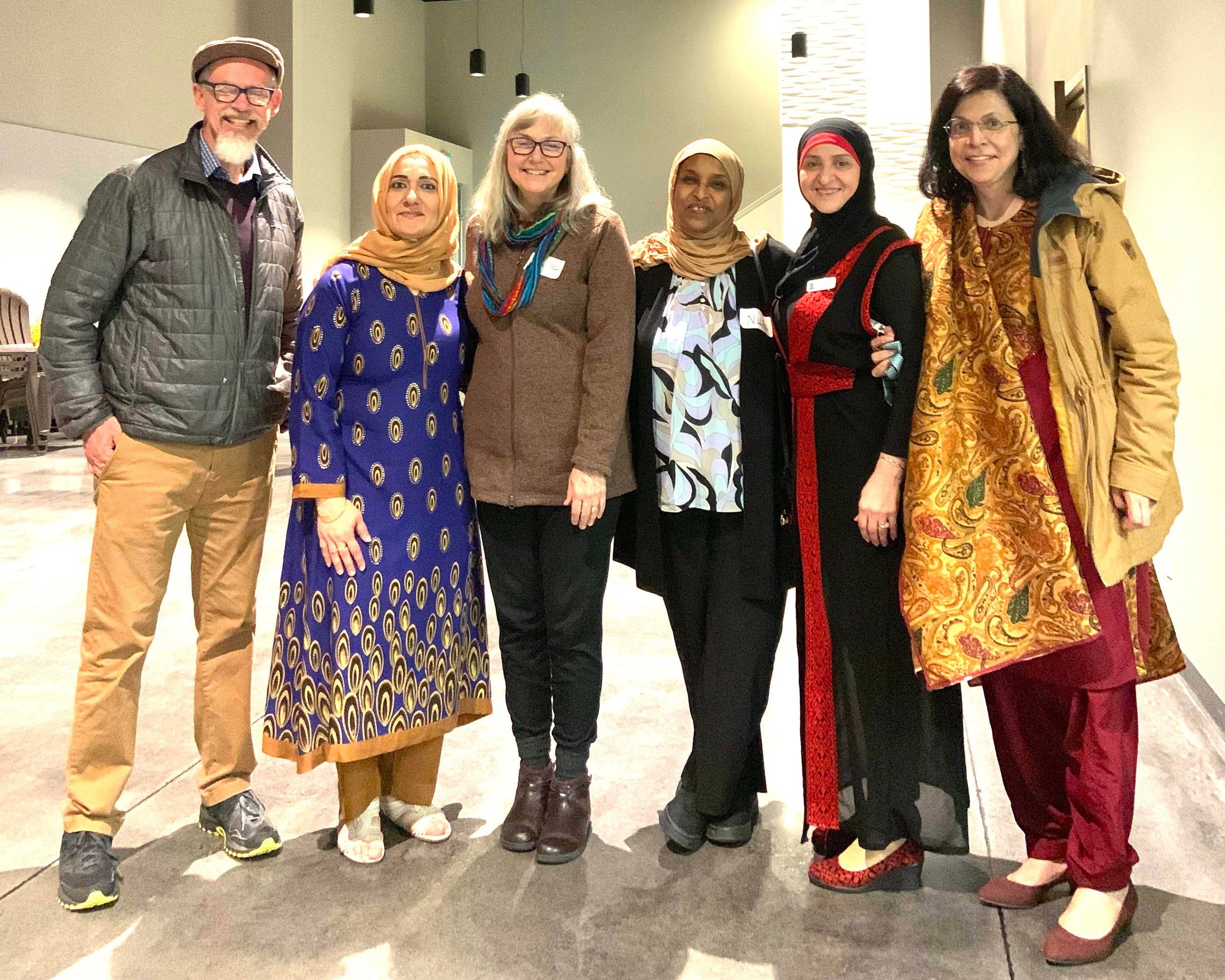Tips for Starting Local Peacebuilding Relationships
by Bryan Carey
One of the first questions people ask when it comes to local peacemaking is how to get started and how to go about beginning new relationships. So here are some starting tips, but please contact us with any questions.
1. Start by meeting the leadership
We’ve found it hugely beneficial for community leaders (i.e. church and mosque leaders) to meet and get to know one another before planning meetings or events that involve congregation members (this doesn’t have to be the pastor and imam, but that certainly doesn’t hurt). Taking the time to meet one another shows respect, helps to gauge interest in future activities for both parties, and reduces any anxiety about either party's motives. We’ve found that making this the first step helps to establish a foundation of openness, transparency, honesty, and trust from the outset. (You’ll probably also get more people of both faiths to come to future events if the leadership is behind it!)
2. Visits and dinners
The next step might be to have small groups visit one another’s places of worship to learn about the community and ask basic questions of the leadership ("Could you explain why your posture in prayer is important?" or "The pastor talked about 'the trinity' in his sermon – what exactly is that?" etc.). These arranged visits help clear up basic misunderstandings about one another’s faith and how it’s practiced while giving congregation members the opportunity to get to know the leadership and members of the other religious community. Introductory Peace Feasts or dinners at a local halal or kosher restaurant also help build relationships through common, fun experiences and good food in a less formal setting. Including an approximately equal number of people from each community helps relationships grow more naturally.
3. Collaborative action
As relationships are established, a great idea is to partner in service projects (working with refugees, homeless folks, people experiencing food insecurity, etc.), to bless the wider community and further deepen relationships within the congregations. Many Muslim communities in the States include first or second generation immigrants and refugees, so when Christians partner with their Muslims neighbors, they can experience new ways to connect deeply with refugee communities in their area. The wider community, including both non-religious folks and other congregations, are often encouraged and challenged to see different religious communities serving side by side.
4. Small groups
As relationships grow, and if there is interest on both sides, friends might want to get together to learn about one another’s faiths on a regular basis. We’ve found it to be beneficial to have co-leaders from each community (one Muslim leader, one Christian leader, etc.) who are willing to work together to plan and lead a study or specific discussions.
Let us know if these tips are helpful and if you've found others in your own local peacebuilding work!










